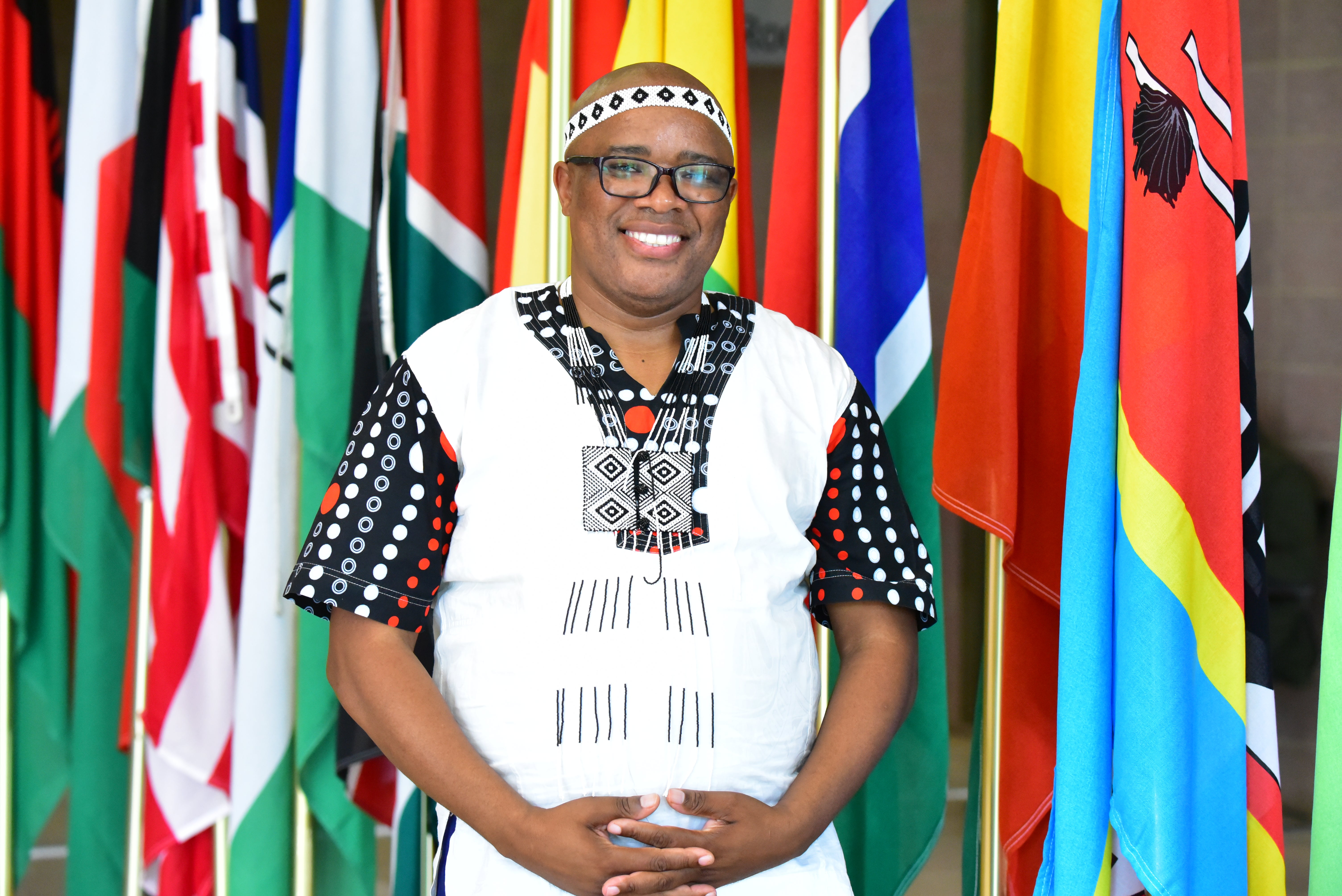From Where I Stand: "Conversations on positive masculinity are essential to determine if men are getting the messages on GBV."
Date:

“Growing up in Apartheid South Africa, in my high school years I was involved in peace and anti-racism programmes that also entailed gender-sensitivity and gender-equity training. Those early years shaped my worldview on how men and women should relate as equals. Over the years I would see young men come from initiation school and saw some of the toxic behaviour, such as men sleeping with young women to remove ‘bad luck’ in the name of culture. I determined to be part of those who confront taboo subjects to separate unfounded traditional practices and crime from our culture. Regardless of what I saw in my upbringing I made a determined decision that my own house will not be a house of gender-based violence. I became a gender activist in my youth, and this has been part of my life since that time. In 2003 I also became an HIV/AIDS activist and have made fighting GBV and HIV my life’s cause.
If you look at the history of South Africa, this country never went to civil war and one of the main reasons for this is because of dialogue. This is one of our main strengths. African people are people of dialogue. You cannot mobilize society against GBV and femicide while leaving men behind in the conversation. Our failure as men to organize ourselves, through initiatives such these dialogues, results in men terrorizing society. We need to have the tough conversations in every corner of the country and at every level. Without dialogues we are doomed because it is through these conversations that we engage men, convince men, persuade men, and hold men accountable.
Initiatives such as the Positive Masculinity Conference will not result in immediate behavioural change, but it brought together men from different walks of life and different countries to discuss what positive masculinity looks like. The conference gave us the opportunity to talk directly to heads of states and governments about the decisions that need to be made to bring an end to GBV. Changing a person is a long process but if we influence policies of various governments, things will be better.
If you go into our rural communities, taverns, nightclubs, churches, you will realize that men still do not fully understand the complete scope of what GBV and femicide is. If we do not engage them through discussions, how are we going to know if the messages we are sending out on GBV are getting through to them? If we don’t listen to the conversations men are having in taverns or engage some of the sermons in the church that promote harmful social norms, or talk with traditional leaders, how will we know if we are making an impact? There is very little research in this specific area, so we depend on these dialogues and discussions to help us understand where we are.
Men’s and women’s movements are not competing. We are here to complement each other to build a progressive society and do away with the scourge of GBV.
Professor Mbulelo Dyasi is the co-founder of Azali Healthcare, a non-profit South African organization that organizes men around issues such as combatting GBV and HIV/AIDS. The organization is the Secretariat of the Men's Sector, a network of organizations working with men and boys under the South African National Aids Council (SANAC). Azali works at the grassroots level, with traditional leaders and with government and as a co-convenor of the South African National Men’s Parliament. UN Women South Africa Multi-Country supports some of the organization’s work through funding from the Unified Budget, Results and Accountability Framework (UNAIDS) and the government of New Zealand.